Are you thinking of getting a 6 weeks old puppy or already have adopted one? If yes, then keep in mind that raising your little bundle of joy might be a bit challenging for you. But, you don’t have to worry! This article is all about raising and taking care of a 6-week old puppy. Here the complete guide of taking care of your little one.
Contents
Can puppies leave their mother at 6 weeks?
Before adopting a six-weeks-old puppy, this question might arise in your mind that a six-weeks-old puppy is ready to leave his mother or not. Yes, a puppy can leave his mother at the age of six weeks. At this stage, what puppy wants from his mother is protection. Some of the puppies might be occasionally suckling from their mother but they don’t depend entirely on her milk.
See also:
A six-week-old puppy is weaned and trained by most of the breeders to have solid food. This makes the puppy completely cut off from the mother’s milk. One issue arising here is that the selling puppies younger than 8 weeks are not allowed and illegal in many countries.
The reason behind this is that a 6 weeks old puppy might have behavioral problems such as unnecessary barking when separated from his mother. So, it is advisable according to laws that the age of puppy at the time of adoption should be 8 weeks or above.
Can you take a puppy home at 6 weeks?
If you are lucky enough to be living in that part of the country were adopting a six-week-old puppy is allowed or the mother dies, then YES! You can take a puppy home at 6 weeks in such circumstances. But you need to take extra care of your new family member and teach him social skills and bite reticence.
How to take care of a 6-week old puppy
You need to know that raising a 6-week old puppy needs more than just food and shelter. You also need to establish healthy and good habits to enjoy with your dog to the fullest. Your puppy might look full grown up but he weighs between 10-15 pounds at 6 weeks age. You have to take care of his health, food, sleep and training and activity.
Taking your puppy to a vet
The first thing you need to do after getting a six-week-old puppy is to take him to a good vet for his checkup. This is will help you know that your new little buddy is healthy without any health concerns and defects. Also, set an appointment for your puppy’s future vaccinations and the vet will also guide you about the taking care process.
Grab all the puppy essentials
Buy all the puppy essentials that will help in his raising and care routine. Start off with buying appropriate food supply for your tiny puppy.
Other things which you might need include a dog grate and gate, a leash and collar. Your new family member also needs a separate water bowl, nail trimmer, shampoo, brush, and waste bags. Also, buy some cute fun toys for the puppy to play.
A safe environment
Create a secure and safe environment for the new young puppy as he needs time to get comfortable with the new surroundings. Make sure that you create a comfortable and safe spot for the puppy in any part of your home.
Try to make him comfortable in that safe area having a boundary which will save the delicate puppy from any sort of harm from chairs or stairs. It is advisable to clear away all the things that might hurt your pooch.
Work together
If you live with a family and kids, then you all should work together to take care of your new family member. Make rules for puppy care and everyone should follow it, even the kids because you would not want your puppy to get messages that are not consistent.
Feeding your puppy
The next milestone is feeding your new 6-weeks puppy. Make sure that you always buy food that is specially made for puppies of this age. A 6-week old puppy is in a growing phase and requires more calories per pound than a grown-up dog. Look for the high-quality food that meets the nutritional requirements of your puppy as their nutritional needs don’t match with adult dogs.
Most of the quality puppy foods have protein or meat as their top ingredient but look for food that has fruits, vegetables, added vitamins, and minerals too.
The food you choose also depends on the breed of your puppy. So, consult your vet for buying the right food according to your dog’s breed and nutrition.
Feed your puppy multiple times a day (4-5 times). You may start off with small food portions and avoid spreading food on the floor or ground. For proper hydration, the water bowl should be filled with fresh water regularly.
Teaching basic skills
Now, it’s time to teach your puppy some basic skills by spending some time with him. The first two skills that your puppy needs to learn is the potty training as puppies don’t wear diapers and staying in the dog crate. It is likely that puppies respond more to play training, but the method of training is entirely up to you as it involves patience to train a dog.
Patience is the key as young puppies are just like babies; they have a very short span of attention. We recommend that you train your puppy in short sessions.
How to potty train your six weeks puppy?
You shouldn’t wait for your pooch to grow older to start the potty training. It’s better to start off early because you won’t like the idea of puppy leaving poop anywhere he like. Here’s the right way how to do it. Leave your puppy in his wire crate for 1 hour or more and then him to the area where his litter box is placed or grass area.
Allow him to eliminate and praise your little champ if he does it the right way by giving a treat. You can also come up with words that tell him to do his business in the litter box or specified area. Keep up this routine and you will potty train your puppy in just a few days.
Make your puppy Sociable
If you want to avoid behavioral problems in your young puppy, then it is a good time to socialize with him. He might get used to the home environment, but he needs to socialize and behave in front of different people or public outside.
Your puppy should meet various kinds of people and different environments and situations before he reaches the age of 3 months. You can do so by inviting guests to your place, taking your puppy for a daily walk in the park.
Take your puppy to pooch parties where your little one learns to interact with puppies. This will make him a well-behaved puppy and will learn skills like bite inhibition on his own. There are dog behavioral classes as well which might help you in socializing your puppy.
Train your puppy to be home alone
There will come a point when you have to leave your little one at home, so it’s better to train him to stay all alone at home. It can be a little stressful for your 6 weeks puppy but you don’t want him to chew things or have accidents in the home or disturb neighborhood with extreme barking.
Some of the things you can do to avoid this and train your puppy are to provide an area that is confined for him, add a dog bed for him to relax, fill the food and water bowl, add a litter box or doggy pads, and leave some chewable toys for him to play.
Make your puppy obedient
Teach your puppy good manners and obedience. This will develop a special bond; you and your puppy will have a healthy and happy relationship. Train him to obey your commands like stand, sit, move, run, stay. This will not only impress others but keep your puppy under control and safe in dangerous situations.
There are special obedience classes for puppies that are beneficial for both the owner and his dog. They usually accept puppies of 3 to 6 months of age.
Signs of illness
Your young puppy is prone to many types of illness; you need to keep a check on his health. If you see any signs of illness like vomiting, decreased appetite, diarrhea etc, call your vet immediately.
Conclusion
When you adopt a puppy, you make a lifetime commitment of care and responsibility. The first few weeks of training might be a little hectic for you, but you need to be prepared and patient. Love, constant training and patience will definitely make you an amazing pet parent.
Have fun and enjoy with your new puppy!
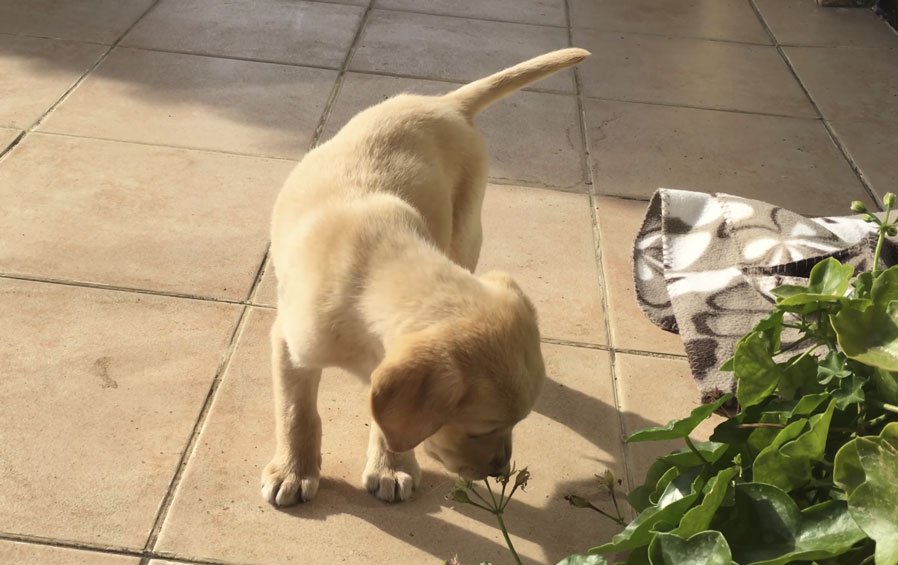
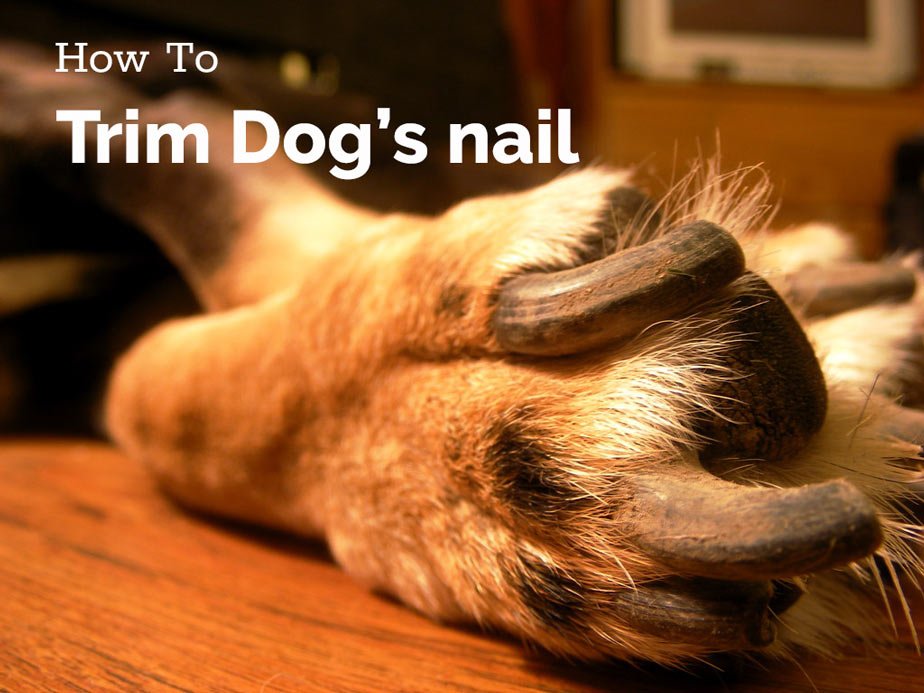 How To Trim Dog’s Nails That are Overgrown
How To Trim Dog’s Nails That are Overgrown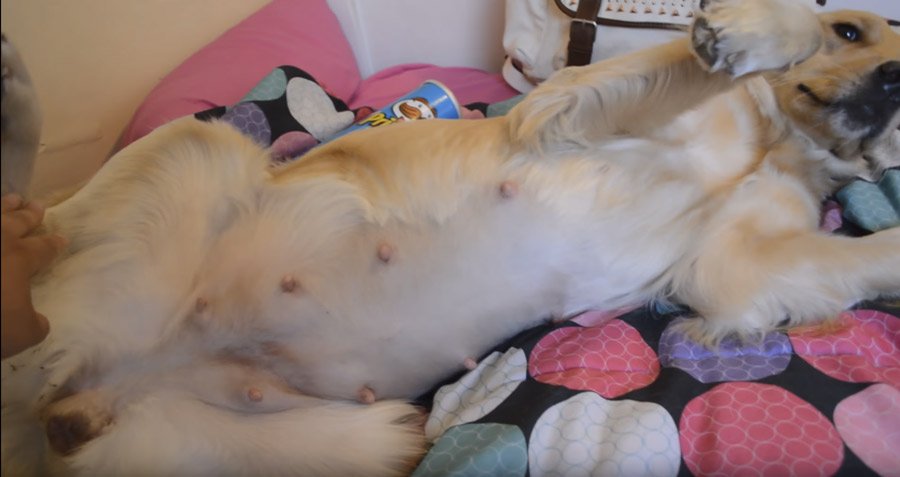 What to Do if Your Dog is Pregnant [Step By Step]
What to Do if Your Dog is Pregnant [Step By Step]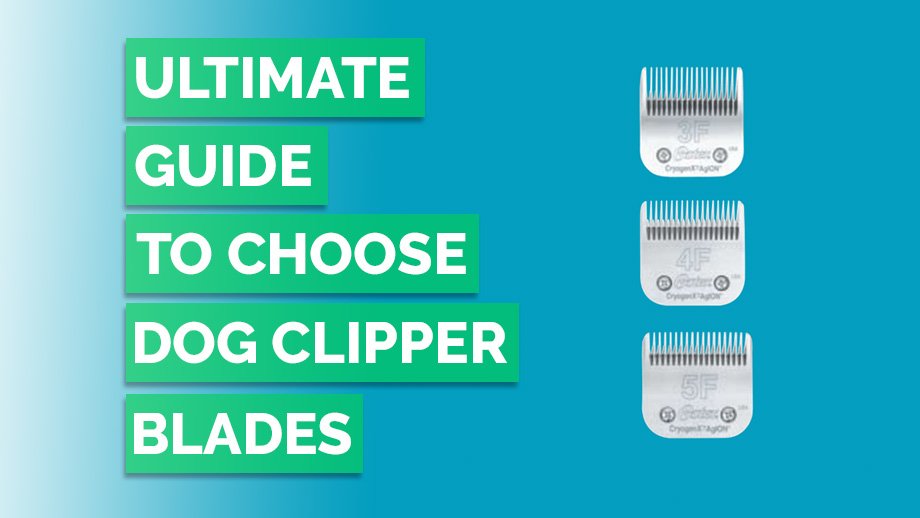 Ultimate Guide to Choose Dog Clipper Blades
Ultimate Guide to Choose Dog Clipper Blades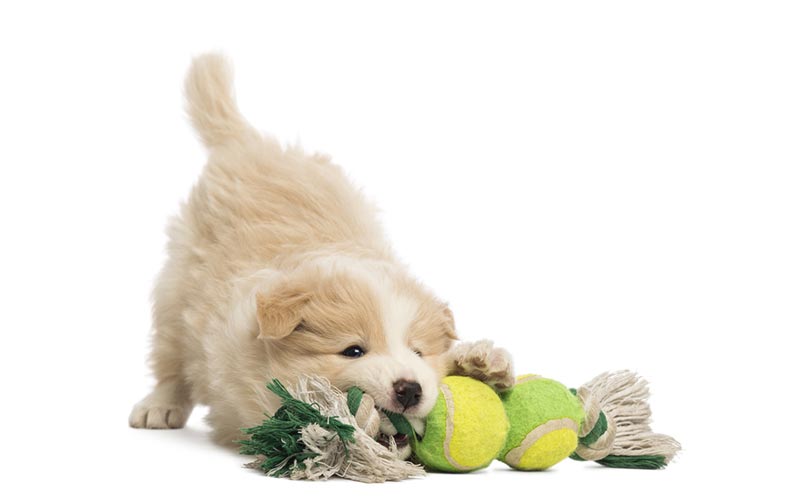 Ultimate Guide to Take Care of An 8 Week Old Puppy
Ultimate Guide to Take Care of An 8 Week Old Puppy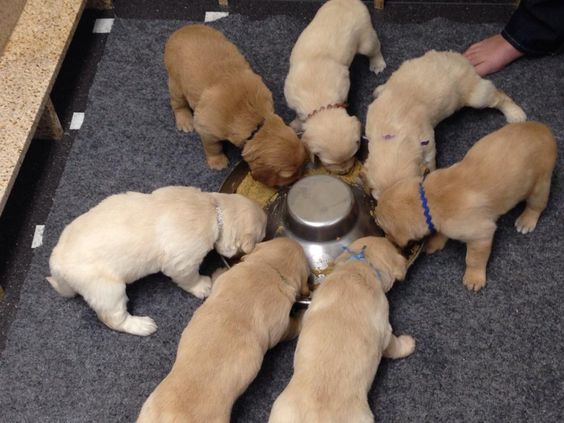 How To Wean a Puppy – Puppy Weaning Made Easy
How To Wean a Puppy – Puppy Weaning Made Easy
Leave a Reply